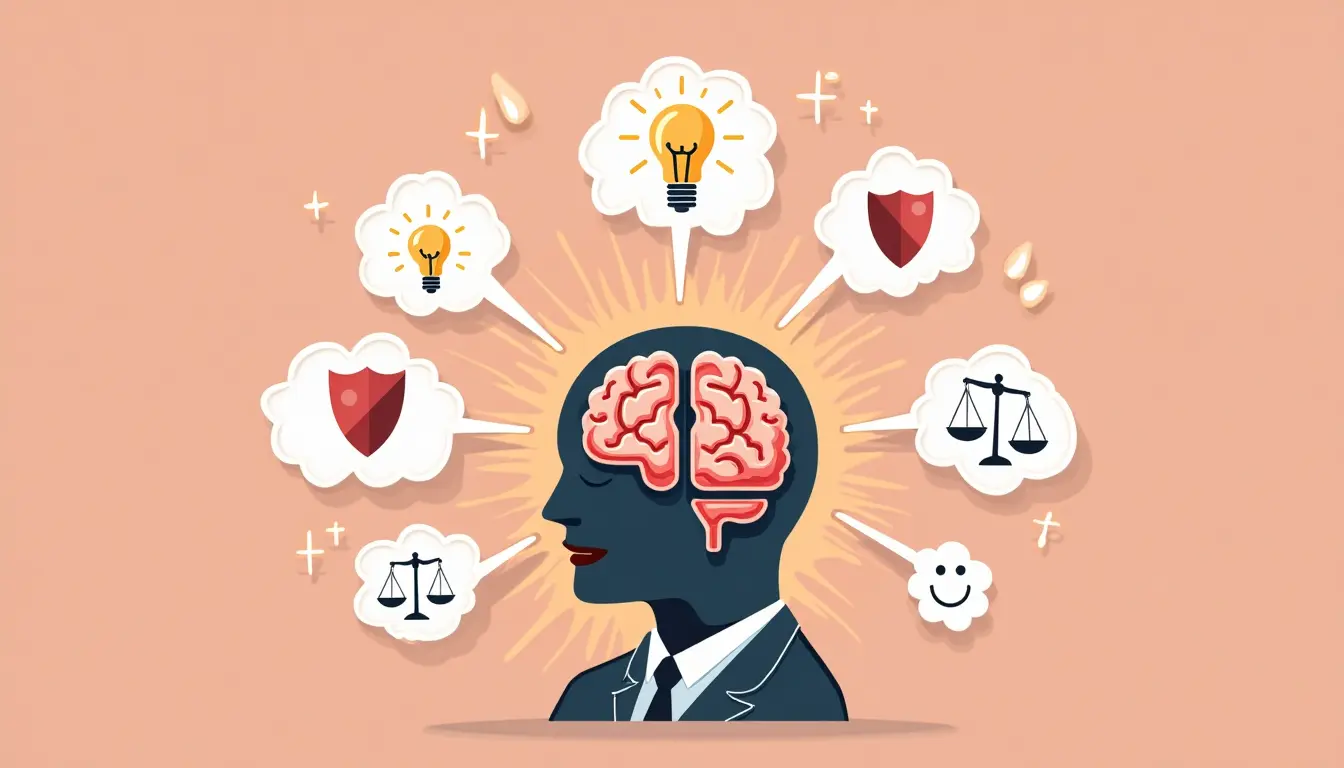Negotiation is an essential skill in various aspects of life, from personal relationships to professional settings. It involves communicating effectively to reach a mutually beneficial agreement. In this article, we will explore the importance of negotiation and its applications in different areas.
What is Negotiation?
Negotiation is a dialogue between two or more parties to reach a mutually acceptable agreement. It involves active listening, creative problem-solving, and effective communication. Negotiation is not about winning or losing; it’s about finding a solution that satisfies both parties. In negotiation, each party tries to achieve their goals while considering the other party’s needs and limitations.
Effective negotiation requires a deep understanding of the other party’s perspective, interests, and goals. It involves being flexible, open-minded, and willing to compromise. Negotiation is a vital skill in today’s fast-paced, interconnected world, where conflicts and disagreements are inevitable.
Benefits of Negotiation
Negotiation offers numerous benefits, including:
-
Building trust and relationships: Negotiation helps build trust and strong relationships by fostering open communication, active listening, and mutual understanding.
-
Conflict resolution: Negotiation is an effective way to resolve conflicts and disputes, reducing the need for litigation and other costly measures.
-
Increased productivity: Negotiation promotes collaboration and cooperation, leading to increased productivity and better outcomes.
-
Cost savings: Negotiation can result in cost savings by avoiding litigation, reducing waste, and improving resource allocation.
-
Improved communication: Negotiation enhances communication skills, leading to better understanding and more effective collaboration.
Applications of Negotiation
Negotiation is a versatile skill with applications in various areas, including:
-
Business: Negotiation is crucial in business, where it’s used to secure deals, resolve disputes, and build partnerships.
-
Personal relationships: Negotiation helps build strong, healthy relationships by fostering open communication, empathy, and understanding.
-
International diplomacy: Negotiation plays a critical role in international diplomacy, where it’s used to resolve conflicts, promote cooperation, and maintain peace.
-
Labor disputes: Negotiation is essential in labor disputes, where it helps resolve conflicts, improve working conditions, and promote fair labor practices.
-
Environmental disputes: Negotiation is used to resolve environmental disputes, promoting sustainable development and conservation.
Effective Negotiation Strategies
Effective negotiation requires a combination of skills, strategies, and tactics. Here are some effective negotiation strategies:
-
Prepare thoroughly: Research the other party’s needs, interests, and goals to develop a clear understanding of their perspective.
-
Set clear goals: Establish clear goals and limits to guide the negotiation process.
-
Use active listening: Listen carefully to the other party’s concerns and respond thoughtfully.
-
Be flexible: Be open to compromise and creative solutions.
-
Use objective criteria: Use objective criteria, such as data and expert opinions, to support your arguments.
Common Negotiation Mistakes
Negotiation mistakes can be costly and damaging. Here are some common negotiation mistakes to avoid:
-
Taking a hardline stance: Being inflexible and unwilling to compromise can lead to impasse and conflict.
-
Making assumptions: Making assumptions about the other party’s needs and goals can lead to misunderstandings and miscommunication.
-
Lack of preparation: Failing to prepare can lead to uncertainty and poor decision-making.
-
Emotional decision-making: Allowing emotions to cloud judgment can lead to impulsive and irrational decisions.
-
Lack of creativity: Failing to think creatively can limit the range of possible solutions.
Negotiation in the Digital Age
The digital age has transformed the way we negotiate. With the rise of digital communication, negotiation has become more efficient, convenient, and accessible. Here are some ways technology has impacted negotiation:
-
Virtual negotiation: Virtual negotiation allows parties to negotiate remotely, reducing costs and increasing flexibility.
-
Digital communication: Digital communication tools, such as email and instant messaging, have improved communication and reduced misunderstandings.
-
Data analysis: Data analysis tools have enabled negotiators to make more informed decisions, using data to support their arguments.
FAQ
What is the goal of negotiation?
The goal of negotiation is to reach a mutually beneficial agreement that satisfies both parties’ needs and interests.
What are the key elements of effective negotiation?
The key elements of effective negotiation include active listening, creative problem-solving, and effective communication.
What are some common negotiation mistakes?
Common negotiation mistakes include taking a hardline stance, making assumptions, lack of preparation, emotional decision-making, and lack of creativity.
How has technology impacted negotiation?
Technology has transformed negotiation, enabling virtual negotiation, improving digital communication, and facilitating data analysis.
What are the benefits of negotiation?
The benefits of negotiation include building trust and relationships, conflict resolution, increased productivity, cost savings, and improved communication.
Conclusion
Negotiation is a vital skill in today’s interconnected world. It offers numerous benefits, including building trust and relationships, conflict resolution, increased productivity, cost savings, and improved communication. Effective negotiation requires a combination of skills, strategies, and tactics, including preparation, active listening, flexibility, and creativity. By avoiding common negotiation mistakes and leveraging technology, negotiators can achieve better outcomes and build stronger relationships.







Leave a Reply